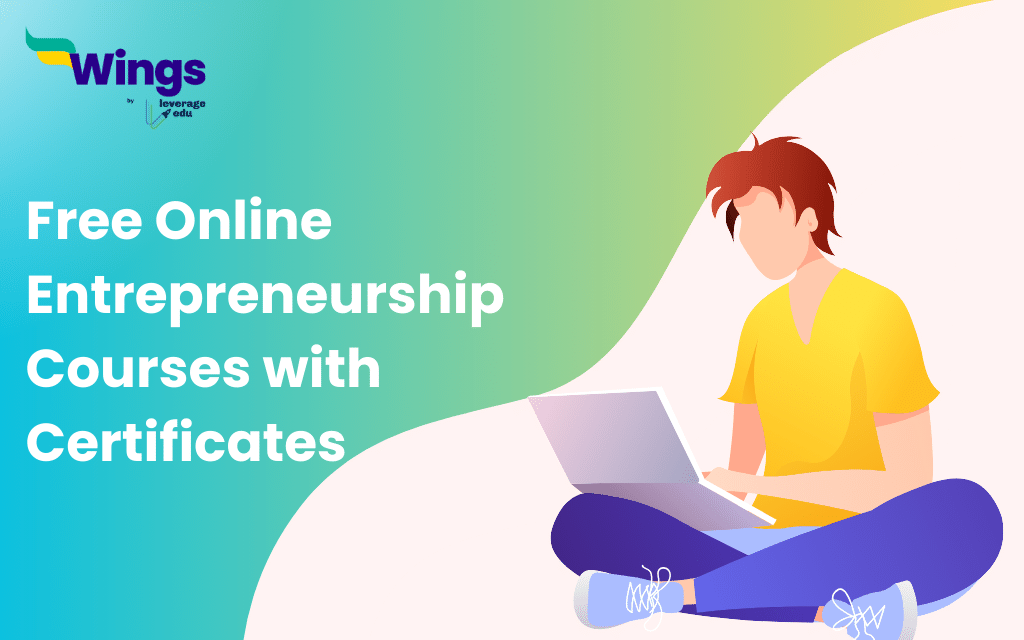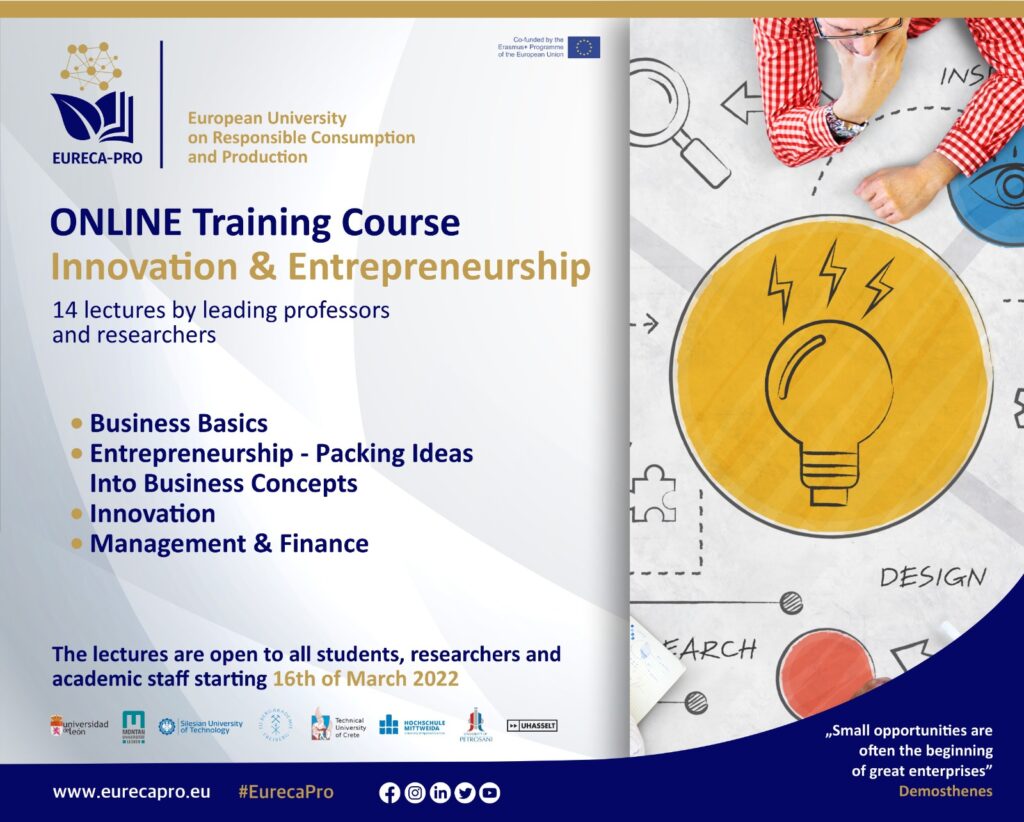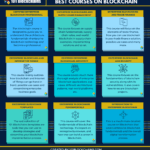Hey there! If you’re reading this, chances are you’ve got a buzzing idea in your head. Maybe it’s a new gadget, a unique service, a cozy cafe, or something completely out of the box. You dream of being your own boss, of building something from scratch, of making a real impact. But then, reality hits. How do you even start?
That was me, not so long ago. I had a notebook full of scribbles, a head full of "what ifs," and a heart full of hope, but absolutely no clue how to bridge the gap between my wild idea and a real-world business. I felt stuck. Overwhelmed. And honestly, a little scared. That’s when I stumbled upon the idea of an Entrepreneurship Course. And let me tell you, it was a turning point.
The Big Question: Do I Really Need an Entrepreneurship Course?
My first thought was, "Can’t I just Google all this?" I mean, the internet is full of information, right? And yes, you can find bits and pieces. But it’s like trying to build a house by watching random YouTube videos. You might learn how to lay a brick, but you won’t understand the foundation, the plumbing, or how it all fits together safely.
What I learned is that an Entrepreneurship Course isn’t just about getting information; it’s about getting a roadmap. It’s about having experienced guides, a structured path, and a community of fellow travelers. It gives you the full picture, helping you avoid common pitfalls and build something solid from the ground up. For someone like me, who felt lost in the woods of business jargon and endless possibilities, it was exactly what I needed.
What I Actually Learned (It Wasn’t Just Textbooks!)
Forget dry lectures and endless reading. My experience with an Entrepreneurship Course was incredibly hands-on. It felt more like a workshop for building dreams than a traditional class. Here’s a peek at what really stuck with me:
1. Turning a Spark into a Solid Idea (Idea Validation)
I walked in with an idea I thought was brilliant. The course immediately challenged me, not by tearing it down, but by asking: "Who cares?" It wasn’t enough for me to love my idea; others had to need it.
We learned how to:
- Identify a real problem: What pain point does your idea solve for people?
- Talk to potential customers: Not just friends and family, but strangers who might actually pay for your solution. This was eye-opening! I discovered my initial idea needed some serious tweaks based on real feedback.
- Understand your market: Who are you serving? How big is that group?
This process, called idea validation, made my initial spark much stronger and more realistic. It taught me that a good business starts with understanding people.
2. The Business Plan: Your Startup’s GPS
Before the course, "business plan" sounded like a scary, formal document only big corporations had. I imagined endless spreadsheets and legal talk. But our instructors broke it down into something practical and understandable.
We learned to think about:
- Your unique selling proposition: What makes you different and better?
- Your operational plan: How will you actually deliver your product or service?
- Your team: Who do you need to help you?
- Your financial projections: How much money do you need to start, and how will you make money?
It became clear that a business plan isn’t just paperwork; it’s your GPS. It helps you stay on track, measure progress, and pivot when needed. It turned my vague vision into a clear, actionable plan.
3. Money Talk: Funding and Keeping the Lights On
Ah, money. The part that always made me nervous. Where does startup capital come from? How do you manage it when you’re just starting?
The Entrepreneurship Course demystified this. We covered:
- Bootstrapping: Starting with your own savings or minimal resources.
- Seeking investment: Understanding different types of investors and what they look for.
- Basic financial management: How to track your income and expenses, set prices, and understand profit margins.
I realized that you don’t need to be a finance wizard, but you do need a solid grasp of your numbers. It gave me the confidence to talk about money without feeling completely out of my depth.
4. Finding Your People: Marketing and Customers
Having a great product or service is one thing, but how do people find out about it? How do you build a brand that resonates? This section was all about connecting with your audience.
We explored:
- Digital marketing basics: Social media, content creation, simple SEO (Search Engine Optimization) to help people find you online.
- Building a brand story: Why do you do what you do? What’s your message?
- Customer relationships: How to keep your customers happy and turn them into advocates.
It taught me that marketing isn’t just advertising; it’s about telling your story and building genuine connections.
5. The Mindset Shift: From Fear to Forward Motion
Perhaps the most valuable lesson wasn’t about business tactics at all, but about myself. Entrepreneurship is a rollercoaster, and the course helped me prepare for the ups and downs.
I learned about:
- Resilience: How to pick yourself up after setbacks (because there will be some!).
- Problem-solving: Approaching challenges with a creative and analytical mind.
- Networking: The incredible power of connecting with other entrepreneurs, mentors, and experts.
- Continuous learning: The business world is always changing, and so should you.
This mindset shift was truly empowering. It turned my fear of failure into an understanding that every "no" is just a step closer to a "yes."
Who Should Consider an Entrepreneurship Course?
Honestly, almost anyone with an entrepreneurial spirit can benefit. But specifically, I’d say it’s perfect for:
- The Aspiring Founder: You have an idea, but don’t know the first steps. This was me!
- The Small Business Owner: You’ve started, but feel like you’re missing key pieces to grow or refine your operations.
- The Career Changer: You’re tired of the corporate grind and want to explore building your own venture.
- The Passion Project Person: You want to turn a hobby into something sustainable and profitable.
- The Network Builder: You’re looking to connect with like-minded individuals and potential collaborators.
It’s not just for tech gurus or finance whizzes. It’s for anyone ready to learn the ropes of turning an idea into a functioning business.
My Top 3 Unexpected Takeaways
Beyond the structured lessons, three things really stood out from my Entrepreneurship Course experience:
- The Community: I met incredible people – fellow students with diverse ideas, and instructors who were real-world entrepreneurs. This network became a sounding board, a source of encouragement, and even potential collaborators. It’s tough to build a business alone, and this course instantly put me in a supportive ecosystem.
- The Clarity: Before, everything was a jumble. After, I had a clear path, a prioritized list of tasks, and a much better understanding of the entire business landscape. It felt like someone handed me a detailed map of a jungle I was once lost in.
- The Confidence: This was huge. I walked in feeling uncertain, but I left feeling equipped and ready. I knew I didn’t have all the answers, but I had the tools to find them, and the belief that I could build something meaningful.
Your Entrepreneurial Journey Starts Here
If you’re on the fence about an Entrepreneurship Course, I truly encourage you to explore your options. It’s an investment in yourself and your future. It’s more than just learning facts; it’s about gaining practical skills, building confidence, and finding your community.
Don’t let your brilliant idea stay a scribble in a notebook. Give it the chance to become something real. An Entrepreneurship Course might just be the push you need to turn that dream into a thriving reality. Are you ready to take the leap?



